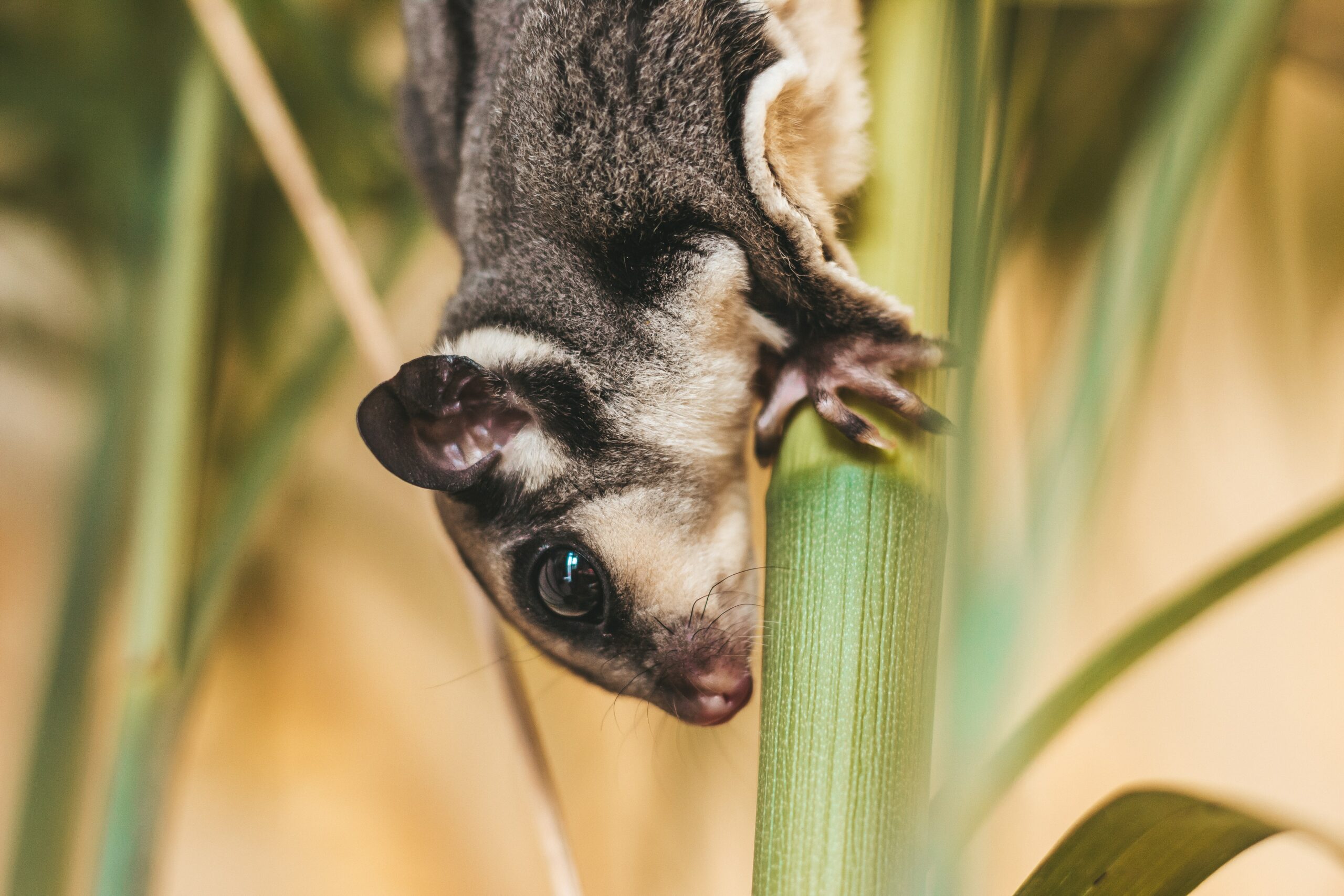Do you have a sugar glider that likes to bite? If so, you’re not alone. Many sugar glider owners find themselves on the receiving end of their sugar gliders’ teeth at some point or another. While biting is a natural behavior for sugar gliders, it can be quite frustrating for owners when their pet decides to take a chunk out of them! In this blog post, we will discuss the reasons why sugar gliders bite and offer tips on how to prevent your pet from biting you.
What is sugar glider biting and why do they do it?
Sugar gliders are social animals that live in groups, and biting is one of the ways they communicate with each other.
When a sugar glider bites, it is usually not trying to inflict pain; rather, the bite is a way of sending a message.
For example, a sugar glider might bite another member of its group to assert dominance, or to show excitement or fear.
Biting can also be a sign of affection, and sugar gliders will often groom each other by licking and nibbling.
While biting might seem like aggressive behavior, it is actually an important part of social bonding for sugar gliders.
How can you prevent sugar gliders from biting you in the first place?
There are a few things you can do to prevent sugar gliders from biting you in the first place.
- First, avoid sudden movements around them. If you move too quickly or make too much noise, they may feel threatened and lash out.
- Second, try to bond with them by offering them food or playtime. The more comfortable they feel around you, the less likely they are to bite.
- Finally, make sure their cage is large enough and has plenty of enrichment toys. A bored or stressed sugar glider is more likely to bite than one that is happy and stimulated.
By following these simple tips, you can help keep your sugar glider happy and safe – and avoid getting bitten in the process.
What to do if your sugar glider does bite you
If you have a sugar glider as a pet, you may be wondering what to do if it bites you. While sugar gliders are not known for being aggressive, they can bite if they feel scared or threatened.
If your sugar glider does bite you, the first thing you should do is wash the wound with soap and water.
You may also want to apply a topical antibiotic ointment to help prevent infection. Next, take a look at the wound to see how deep it is.
If it is a shallow surface wound, it will likely heal on its own within a few days.
However, if the bite is deeper or bleeds excessively, you will need to seek medical attention.
Finally, keep an eye on your sugar glider for signs of illness or injury, as these can also lead to biting. With proper care, most sugar glider bites will heal quickly and without complications.
Tips for bonding with your sugar gliders so that biting becomes less common
Sugar gliders are naturally social animals, and they bond closely with their owners. However, they can also become anxious and stressed if they feel neglected.
As a result, it’s important to spend time every day interacting with your sugar glider.
This can be done through simple activities like talking to them, offering them food, or playing with them.
In addition, it’s important to handle them frequently so that they become used to being touched. With patience and consistency, you can develop a strong bond with your sugar glider that will reduce the likelihood of biting.
Conclusion
There are a few things to keep in mind when you’re trying to prevent sugar glider biting.
- First, Sugar Gliders are very social animals and need a lot of attention. If you’re not able to give them the time and attention they need, it’s best to not get one.
- Second, if you are bitten by a sugar glider, it’s important to clean the wound well and seek medical attention if necessary.
- Third, sugar gliders are wild animals and their bites can be very painful. If you’re not prepared to deal with the pain, it’s best to avoid them altogether.
- Lastly, if you have any questions or concerns about sugar glider biting, please consult with a qualified veterinarian or expert before taking any action. Thanks for reading!




